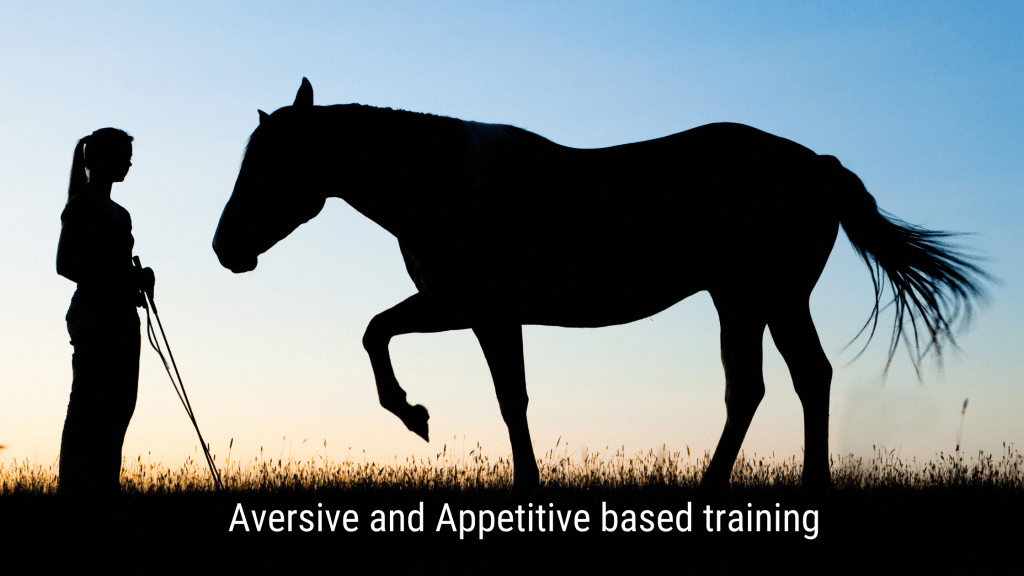Recognizing Behavioral Changes That Signal Illness in Your Horse

Understanding your horse’s normal behavior is crucial for early detection of illness. Horses are prey animals and often mask signs of discomfort, so subtle behavioral changes can be the first indicators of health issues.
Common Behavioral Changes Indicating Illness
| Behavioral Change | Possible Cause | What to Observe |
|---|---|---|
| Lethargy | Infection, pain, metabolic issues | Reduced activity, reluctance to move |
| Loss of Appetite | Dental problems, digestive upset | Refusal to eat or drink |
| Increased Irritability | Pain, discomfort | Aggression, restlessness |
| Isolation from Herd | Fever, depression, injury | Avoiding other horses |
| Excessive Lying Down | Colic, fatigue | More time lying than usual |
| Changes in Posture | Musculoskeletal pain | Stiffness, limping |
How to Monitor Your Horse’s Behavior
- Daily Observation: Spend time each day watching your horse’s normal routines.
- Record Keeping: Maintain a journal or digital log of behaviors and any changes.
- Use Technology: Consider wearable devices that track activity and vital signs.
When to Contact a Veterinarian
If you notice any persistent or severe behavioral changes, such as prolonged lethargy, refusal to eat, or signs of pain, contact your veterinarian promptly. Early intervention can prevent complications.
FAQs
Q1: How can I differentiate between normal mood swings and signs of illness?
A: Normal mood swings are usually short-lived and not accompanied by physical symptoms. Illness-related changes tend to persist and may include other signs like changes in appetite or posture.
Q2: Can stress cause behavioral changes similar to illness?
A: Yes, stress can mimic some illness behaviors. It’s important to consider recent changes in environment or routine when assessing behavior.
Q3: What are some early signs of colic in horses?
A: Early signs include restlessness, pawing at the ground, looking at the flank, and excessive lying down.
Summary
Recognizing behavioral changes early is key to maintaining your horse’s health. By observing daily habits, keeping detailed records, and understanding what changes may indicate illness, you can ensure timely veterinary care and improve your horse’s well-being.
